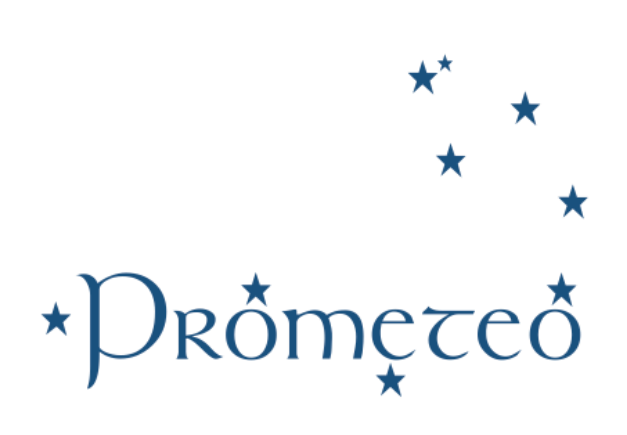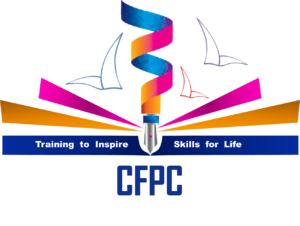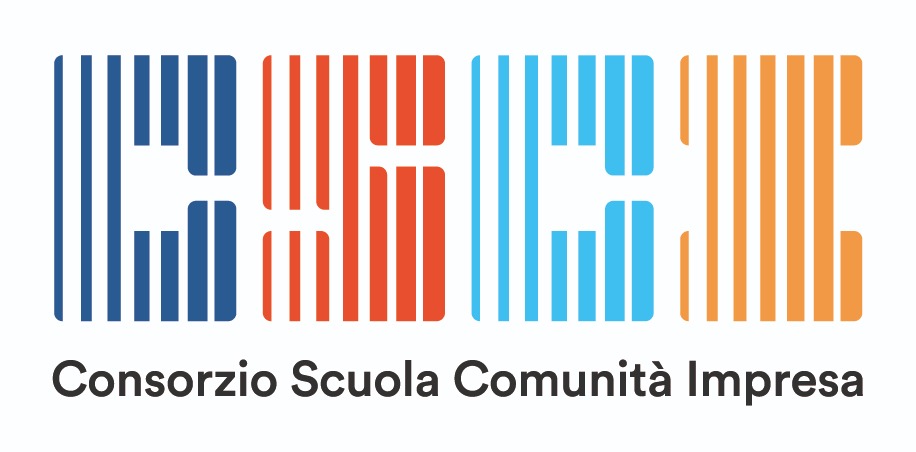Transnational Partnership
The partnership is formed by five partners from four different countries.
Stichting Surplus
The Netherlands
Prometeo
Italy
Asociatia CFPC Constanta
Romania
Consorzio Scuola Comunità Impresa
Italy
Kvalifikaciju ir profesinio mokymo pletros centras
Lithuania
Stichting Surplus is a regional oriented, innovative and solution focused organisation that offers and develops work opportunities for (long-term) unemployed individuals. Surplus combines unemployment with social entrepeneurship and offers a variety of work placements.
Prometeo is an Education Provider and NGO organisation born in 2001 in Italy. Our activities cover different sectors as Environment and Agrarian subjects, Agro-food Industries, Professional Skills for Managers, Economic Education, Youth, Health care, Tourism and related professions, Women at Work, Social Inclusion, Employment and Integration activities for Migrants. We do projects at European, National and Regional level: e.g. Projects for young adults under-30 and Projects / Surveys with the Ministry of Interior and Regione Calabria about Minor Migrants and Environment in South or Central Italy.
Prometeo promotes cultural exchanges and social integration for adults, professionals living in cross-border regions as Azerbaijan, Armenia, Georgia, for the promotion of the principles and European Identity of European Union, and for the Youth Employment cooperation.
We are a non-profit organization conducting research activity, career counselling, vocational training, and regional development by creating opportunities for adults and young people, especially those coming from disadvantaged backgrounds. Our mission is to serve the community by ensuring that young adults (age 16-17) and adults (age 18 and over) keep developing their knowledge, skills and competence throughout their lives.
The School, Community and Company Consortium (CSCI) is a Vocational Training Agency, authorized by the Piedmont Regional Government, which holds UNI EN ISO 9001:2015
certification.
It was created as a joint venture between the world of work (Italian and Hungarian private companies), the school world (Italian Schools and University) and the civil service
(Municipality of Novara, Municipality of Cameri Foundations, Italian and Romanian Associations, the Chamber of Commerce of Cadiz-Spain) to foster the development of human and
professional resources, creating and managing training and refresher programs for workers and young job-seekers, in both the public and the private sectors, to promote the “contamination” and the dialogue among young people coming from different countries (i.e. young migrants) supporting their social inclusion.
CSCI main activities are: promotion, planning, management and implementation of courses on soft skills (i.e. internal and external communication and multicultural dialogue devoted to disadvantaged people) and on technical issues (i.e. quality, safety, administration, project management, management of EU direct and indirect funds, ICT, Flooding and other climate
change challenges; Social Innovation); mobility actions (students and staff); studies and research for the application of new technologies and teaching methodologies; organisation of
conventions, conferences and congresses; design and management of learning Projects; studies and research in the field of the analysis of the lack of competences; e-government;
training of teachers and trainers.
All of these activities have involved in these years: the privates, municipalities, the schools and the Public Administrations of the provinces of Novara and Milan, an area at the crossing
of the TEN Corridor 5 and Corridor 24, at about 30 Km from Malpensa Airport, the main hub of Northern Italy, and to Rho-Pero 2015 Expo, with a strong vocation to immigration flows
and with an increasing unemployment rate and radicalization phenomenon, an area in which some effective strategies for the internationalization and the anti-radicalization are needed
at all levels, especially in the school that has to govern the processes and the change in the young minds, as highlighted since 2015 from Antonio Tajani, at that time the Italian Vice-
President of the European Parliament. Capitalizing the previews experiences in the field of the vocational training and in the education and taking into consideration the increasing
needs related to the internationalization and anti-radicalization processes and the social inclusion of disadvantaged young people (first of all the daughters and the sons of migrants
and refugees), CSCI participates to some European projects in the definition of the methodologies and the tools to train, assess and evaluate the target group detected, on the matters considered very
important to support their social inclusion through the school.
Kvalifikaciju ir profesinio mokymo pletros centras (KPMPC) is state budgetary institution established in 29 February 1996 by the order of the Minister of Education and Science. The main aim of KPMPC is to ensure the developments of Lithuanian lifelong learning system correspond to the needs of the economy as well as national and international initiatives. KPMPC is responsible for the development of methodical support, VET programmes, qualifications and VET standards.





